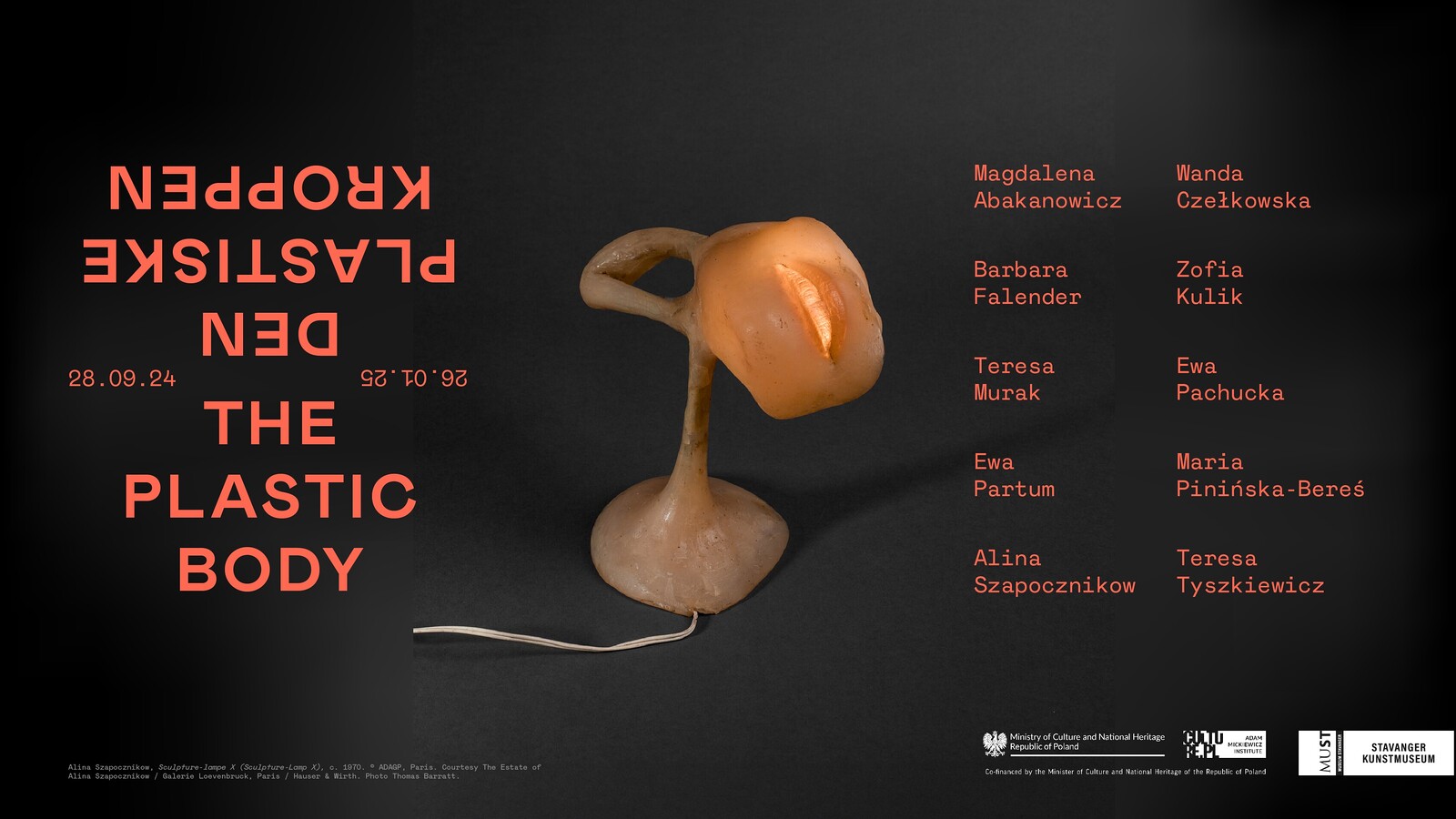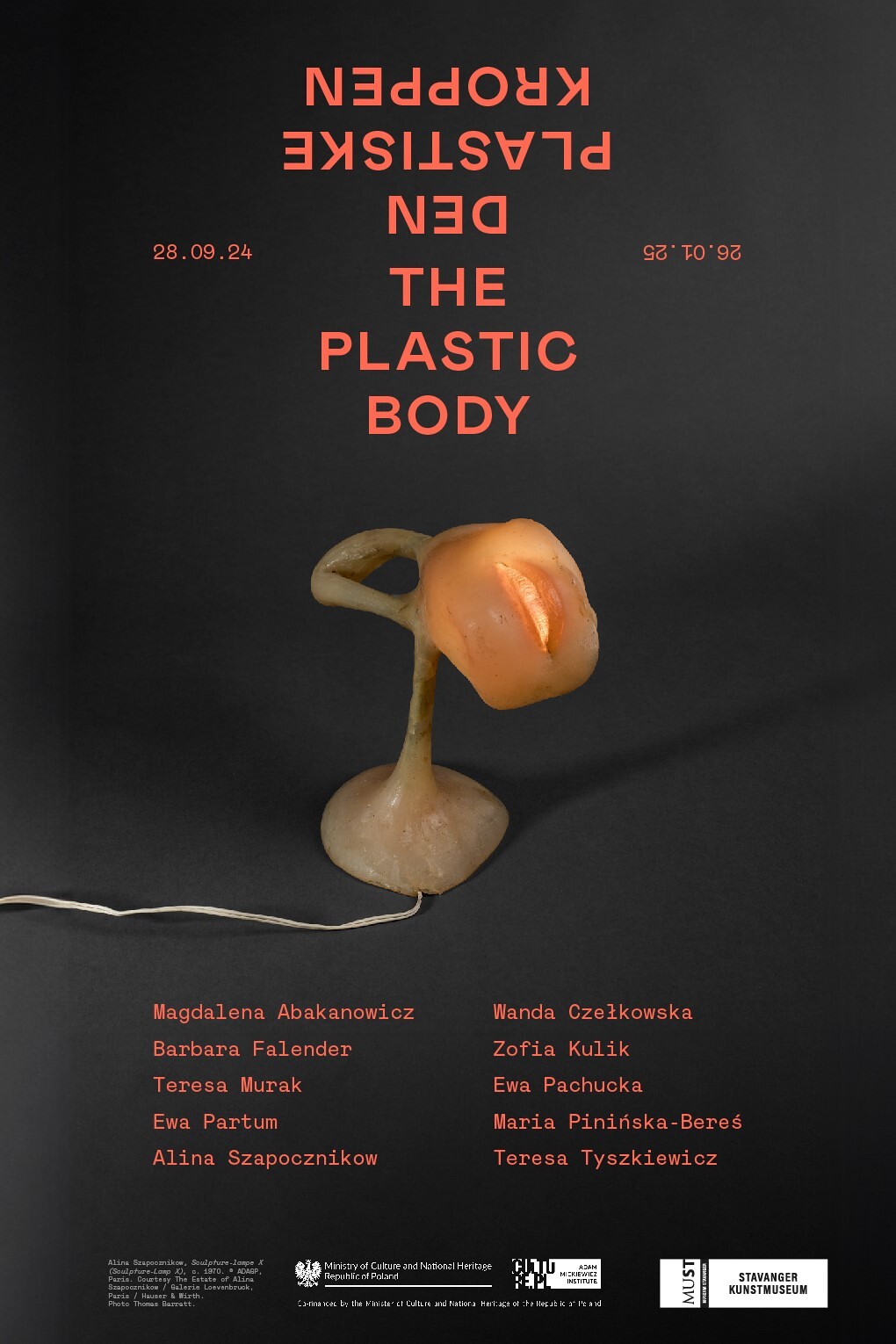Teresa Margolles
MUERTE SIN FIN
24 April – 15 August 2004
Museum fur Moderne Kunst
Domstrasse 10
60311 Frankfurt am Main, Germany
Tel: +49 (0) 69 21230447
Fax: +49 (0) 69 21237882
mmk@stadt-frankfurt.dewww.mmk-frankfurt.de
Opening hours: Tues.-Sun. 10 am to 5 pm
Wed. 10 am to 8 pm, Mon. Closed.
Teresa Margolles, “Lavado del cuerpo”, (without year)
The works of the Mexican artist Teresa Margolles (born in 1963) have their origins in her occupation as a forensic technician in a morgue in Mexico City. According to Margolles, the social and economic circumstances of a society are sharply discernible in the corpses filling the morgues of the megalopolis every day: victims of drug addiction and violence as well as large numbers of anonymous dead. When Teresa Margolles says she is interested in the “life of the corpses,” what she means is the fate of the bodies, what they experience after their death, and the connections between their lives before and their “lives” after death. The mortal remains of a human life are often the point of departure for the works of Teresa Margolles. In a minimalist aesthetic, the artist transforms past life, transporting it into new perceptibility by way of artistic intervention and thus wresting “her” dead from the grips of anonymity and oblivion.
With highly unusual methods of eliminating the distance we usually place between ourselves and the dead, Teresa Margolles carries this documentary aspect of her work to an existential extreme. She succeeds in transcending aesthetic boundaries with artistic means that function silently. Often it is solely the spectator’s power of imagination that brings the inconceivable into a momentary present. Her works hover along the limits of the depictable, in other words precisely there, where death – beyond any and all symbolization – just manages to become visible as the dissolution of form. In the words of Octavio Paz, commenting on the Mexican author Jose Gorostiza’s 1939 poem “Muerte sin fin / Death Without End” which gave this exhibition its title: “Other experiences, other deaths, await us.”
Against the background of Teresa Margolles’ first large-scale exhibition and the acquisition of one of her major works for the MMK, the museum’s collection will be presented in a new constellation of intersecting dialogues with works by Donald Judd, Bruce Nauman, Luc Tuymans and David Reed and others, as well as recent acquisitions of pieces by Wilhelm Sasnal and Jonathan Monk.
The Teresa Margolles exhibition will be accompanied by a catalogue containing texts by Santiago Sierra, Elmer Mendoza, Udo Kittelmann, Klaus Gorner and Gabriela Jauregui.
Supported by: Dornbracht Culture Projects
Rudolf Stingel. Home Depot
through 15th August 2004
Rudolf Stingel, born 1956 and now resident in New York, has transformed one of the halls of MMK into a colorful “plush decorated lounge” and called it Home Depot. It contrasts starkly with the white cube that is the usual shape taken by modern art museums today. Stingel’s installation is meant as a polemic visual commentary on walls that are otherwise painted in a single color or covered in rough plaster, subverting their presence by resorting to the old tradition of thick damask wallpaper. The installation also encourages visitors to leave their own personal mark on these walls and in this way the room changes by the day.
Supported by: Dornbracht Installation Projects.
Peter Roehr 1944-1968
Works from the Collection
through 15th August 2004
Car tires and matchboxes stacked to form squares, dynamized price tags, a multiple copy of the Henninger Tower – when Peter Roehr died in 1968 in Frankfurt at the tender age of 24, he left behind him one of the most impressive artistic oeuvres of the day – an intensive career that spanned only five years, but in which he devoted himself with exceptional rigidity to the principle of serial artworks. Despite the growing international recognition, Roehr is an artist who remains to be discovered and whose oeuvre is constantly up-to-date against the background of trends in art since the 1960s. On the occasion of the 60th anniversary of his birth this year, in our Archive Room the MMK is showcasing incisive works by Peter Roehr from the Museum’s Collection.


